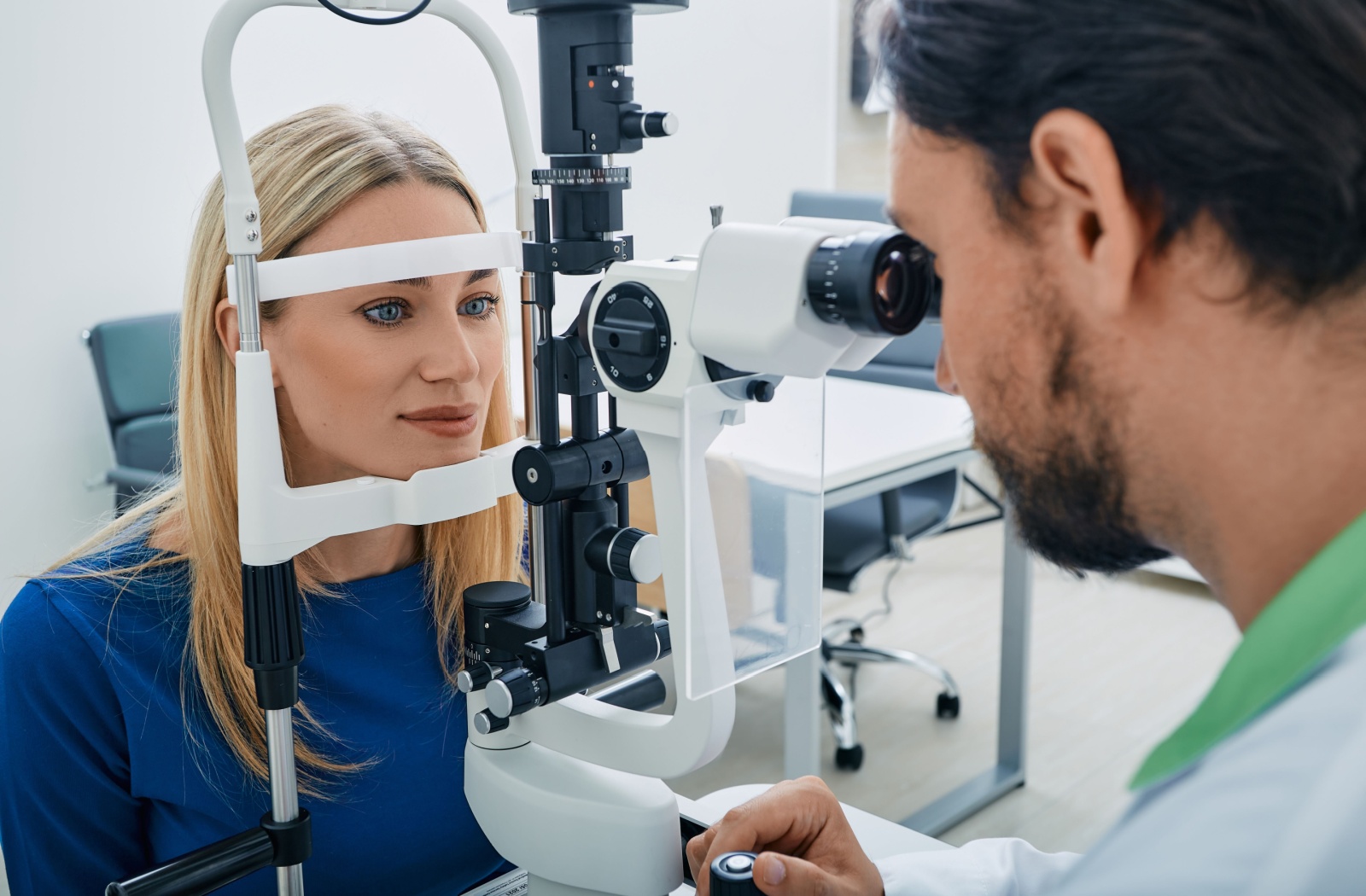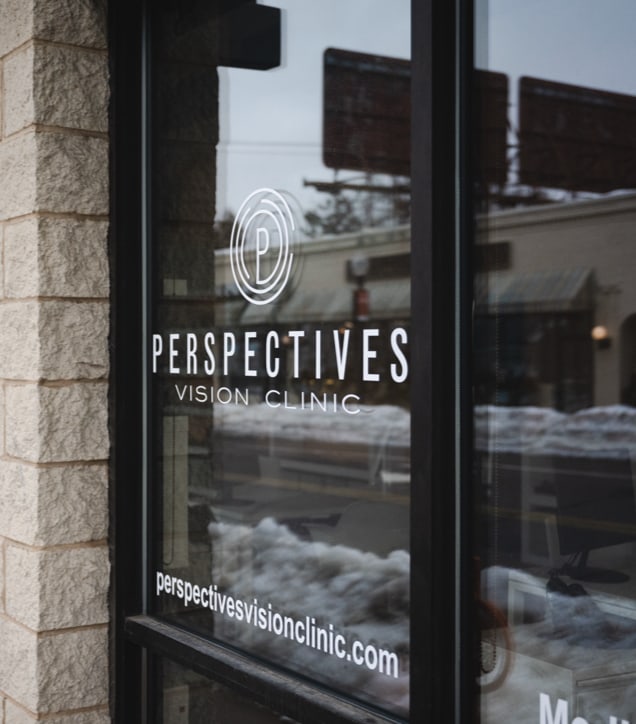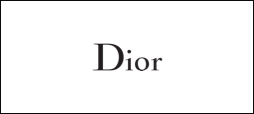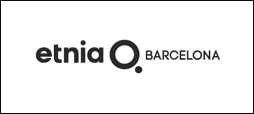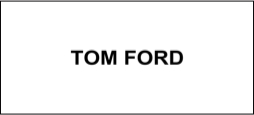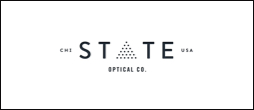Your vision is one of your most precious senses. Yet, many take their eyes for granted, neglecting the routine care they deserve. This could be because they think they don’t have time or underestimate the power of an eye exam.
A routine eye exam goes beyond checking vision and prescribing eyeglasses. Your optometrist can look for signs of eye disease and protect you and your family from vision loss.
The Benefits of Eye Exams
Your eyes are complex masterpieces of the human body, but like all masterpieces, they require regular maintenance. A routine eye exam does more than just check your vision—it’s an integral part of maintaining the health and functionality of your eyes.
It can alert you to the presence of eye infections, dry eyes, and common vision problems like myopia, hyperopia, and astigmatism. Managing these conditions can help prevent long-term damage and discomfort.
Early Detection of Eye Conditions
Some eye diseases, such as glaucoma, can develop without obvious symptoms. By the time you notice changes in your vision, it could mean that treatment is more complex, and the prognosis less positive. Routine eye exams offer a strong defense against these silent yet sight-threatening conditions, as early diagnosis and timely treatment can often prevent vision loss.
Overall Health Indicators
Your eyes can hold surprising clues to your overall health. Physical indicators such as inflammation, retinal changes, and dilated blood vessels within the eyes could signal the presence of diseases such as diabetes, high blood pressure, and even cancer.
This means a routine eye exam is not just pivotal for your visual health—it can be an early warning system for your general well-being.
How Frequently Do You Need an Eye Exam?
The ‘routine’ in ‘routine eye exam’ isn’t the same for everyone. How frequently you should get an eye exam generally depends on your age. With that in mind, the American Optometrist Association recommends the following schedule for eye exams:
- Birth to 2 years: Infants should have their first eye exam around 6 months of age.
- Ages 3 to 5: Preschoolers should undergo at least 1 eye exam.
- Ages 6 to 19: Children and teenagers require at least 1 eye exam annually.
- Ages 20 to 64: Adults should have exams at least every 2 years.
- 65+: Seniors should receive annual exams to monitor age-related changes and associated risks.
People with specific health conditions or a family history of eye disease may need more frequent examinations. This is a general schedule, so if you’re ever in doubt, ask your optometrist.
Components of a Routine Eye Exam
The shape of an eye exam can be different for each person, so your optometrist personalizes it based on your needs. It may start with a review of your medical history. If you’re returning the same optometrist, they should already have all this information, but this is an excellent time to let us know if you have any concerns we should look into!
It may be helpful to jot down any concerns or questions you have about your eye health. When you’re ready, we can move on to the real tests.
Visual Acuity Test
The visual acuity test assesses the clarity and sharpness of your vision from various distances. This typically requires you to cover an eye and read a series of letters or numbers. This could be on a chart, but sometimes it’s a screen. The goal is the same, though: to measure how well you can see with each eye.
It’s a simple yet effective tool to gauge if corrective lenses, such as glasses or contacts, are needed.
Eye Muscle Movement Test
Our eyes are controlled by six muscles that allow for precise, coordinated movement. An eye muscle movement test usually involves following an object, possibly a point of light or a pen, while your optometrist checks if these ocular muscles are working as they should.
This can be particularly important for kids, as a problem with muscle control could indicate strabismus.
Eye Pressure Measurement
Measuring your intraocular pressure (IOP) is crucial in detecting glaucoma, a disease that otherwise can easily sneak up on you. Elevated eye pressure can damage your optic nerve, a sensory pathway vital for vision. And once the damage is done, it can’t be undone.
Your optometrist can measure your IOP using a tonometry test. This may be done using a brief puff of air or with a gentle probe. Early detection through routine eye exams is essential for preventing further vision loss from glaucoma.
Retinal Examination
Some may call the retinal examination the centerpiece of any comprehensive eye exam, which sets it apart from a vision test. After testing your visual acuity by having you read off a chart, your optometrist can inspect the back of the eye, called the retina, directly. During this refraction test, we may shine a light into your eye and measure how it bounces off the retina.
This gives an objective measurement to help us determine any prescription you may need.
Additionally, your optometrist can use a slit lamp to thoroughly examine the retina, optic nerve, and blood vessels for signs of disease. This may require dilation, but your optometrist should inform you if they intend to dilate your eyes, as it’s not always needed.
Eye Exams for the Whole Family
Routine eye exams are the unsung heroes of preventative care, a silent but potent force in the battle against vision loss and eye disease. Remember, your eyes are unique, and they deserve care as individual as you are. Book routine eye exams for your whole family at Perspectives Vision Clinic to help preserve your sight and the sight of those you love most.
